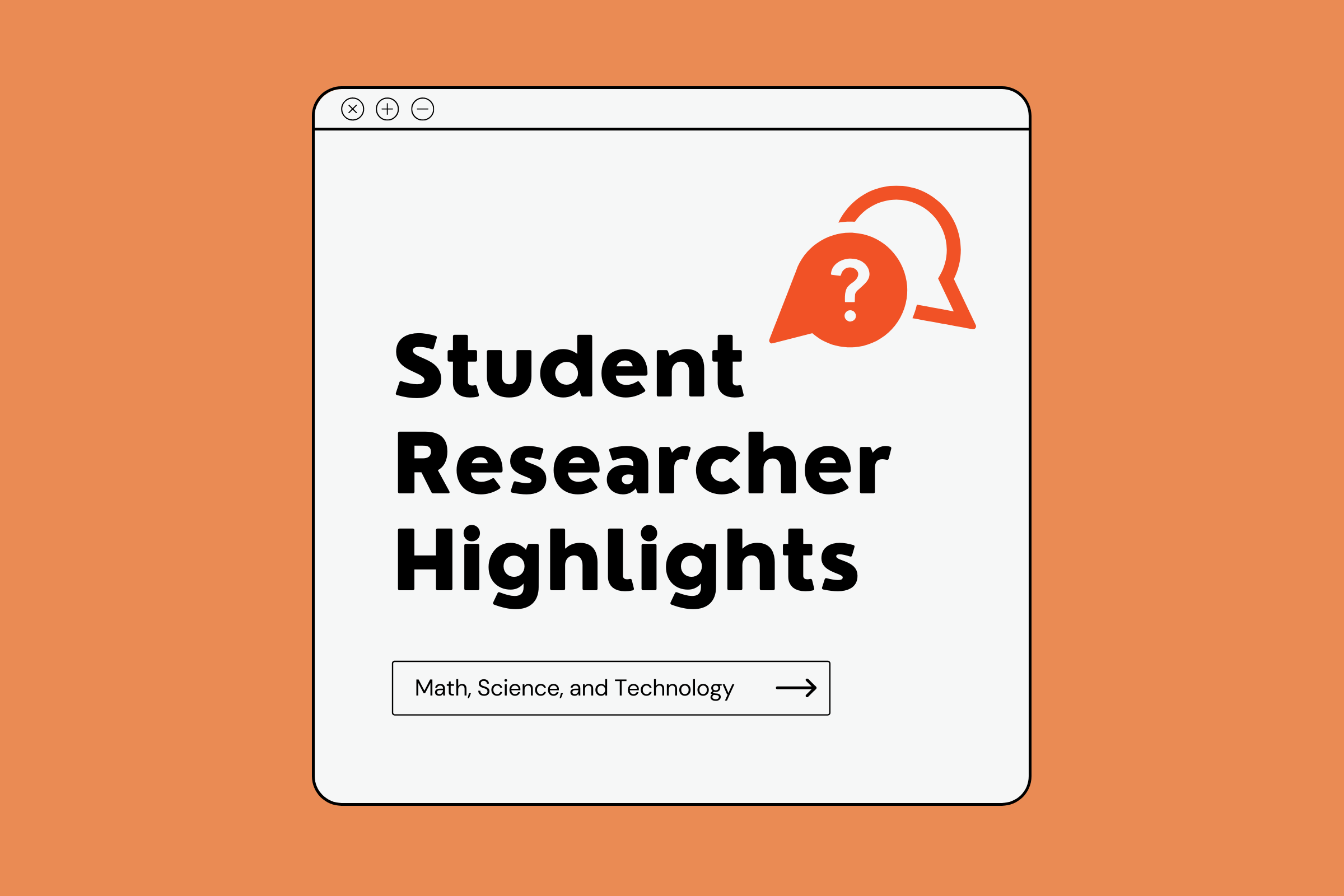This TC IRB blog series, Student Researcher Highlights, includes a sequence of recorded presentations hosted by Zahra Ladhani, Research Writing & Ethics Intern, in collaboration with TC NEXT. Her presentations offered insights into students' research background, their research goals, their future career paths, and how they navigated the IRB protocol submission process.
Each blog post in the series will highlight a student researcher using excerpts from recorded presentations conducted during the Fall 2021 presentation series. Each student presenter engaged in an approximately 45-minute conversation with student attendees. This series offers themes, suggestions, and pathways as presented by students during the presentations. It is intended to provide inspiration and insight into how an individual student's experience with research and the IRB unfolded at TC.
Dental Hygiene Faculty Perspectives of Diversity, Equity, and Inclusion
Marija Cahoon, Doctoral Student in the Health and Behavior Studies Department

Marija Cahoon
Marija’s graduate student work focused on exploring dental hygiene educators' attitudes towards race and racism. Using survey-data collection methods (review our Study Instrument Materials Examples for more information), Marija sampled dental hygiene educators across the country from various dental hygiene programs in the United States. She aimed to identify “...racial attitudes and cognitive aspects of stereotyping using the three subscales of blatant racial issues, racial privilege, and institutional discrimination.”
Marija’s interest stems from her exposure to the field of dental hygiene, teaching experiences, and wider observations of public health practices and health literacy. She has found that the overall field of dental hygiene lacks diversity in both health care providers and adequate services for Black, Indigenous, and people of color (BIPOC) populations. In these observations, she became growingly concerned about these inequities and the training materials used to pursue their profession. She wondered how diversity, race, and equity take shape in the field of oral health. In addition, she asked providers and oral health trainers about how they understand diversity, equity, and inclusion. She recounted that a “nice/healthy smile…[or] feeling good about yourself based on that smile, should not be based on what neighborhood you grew up in, the color of your skin, [or] if you were able to see a provider at a young age or not.”
Marija believes “we can make oral inequities better” by looking at the fields that train oral health providers.
The Institutional Review Board (IRB) Process
Marija reflected on her experiences with the IRB process and provided some strategies for student researchers to consider:
- Start Early: Prepare for the IRB process early (e.g., one year prior to the doctoral proposal hearing).
- Seek Faculty Advisor Support: Lean on your faculty advisor and set clear expectations.
- Use Resources: Use the resources available. (e.g., Attend “Demystifying IRB" presentations, attend IRB office hours, use the Institutional Review Board website, etc.)
- Librarians are Resources too: Librarians and library resources are also valuable. Seek a librarian for support, especially during your literature review. You are not doing this project alone; there are support networks everywhere.
- Coursework: Explore courses that can help you with your research methods and consider them alongside your dissertation timeline.
- Set a Timeline: Have a realistic timeline that suits you.
- Complete CITI Training Early: Complete the “Collaborative Institutional Training Initiative (CITI)” training early.
- Welcome Feedback & Requests for Revisions: Request for revisions (e.g., Request for Revisions Memo Template) is part of the IRB protocol submission process. If you get IRB revisions, that’s a good thing! IRRB administrators want your research project to move forward. The IRB protocol often takes more than one iteration to approve and receiving feedback is always a sign of forward progress.
- Communicate Often: Communicate with your cohort to get feedback from them. Foster relationships to brainstorm ideas, develop a group chat, and have a support network that can help you get through some of the challenges with research.
- Be Flexible & Passionate: Be flexible and passionate when engaging with the IRB. Remember, no one cares more about your research than you do. You must be your own driver and invest the time necessary to ensure your research comes to fruition. The IRB office will provide you feedback on your work and you may have to make compromises to ensure adequate participant protection and ethical research compliance.
Reflections and Resources
Peer-to-peer support builds investment in research projects and overall graduate student life. Learning from the peers around you can help you refine your academic goals and projects. For more information about the IRB process, visit these links: How to Submit, Guides & Resources, and Meetings & Deadlines.
